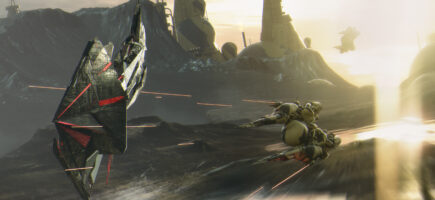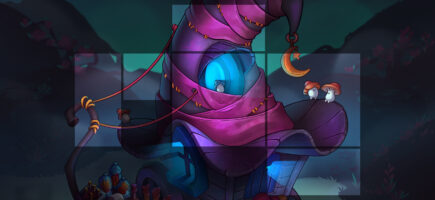Downloadable report: An analysis of 7 game remakes by Room 8 Group
Download the report
Please fill in the form to get
access to the full research
The most popular articles
Why this report exists
Ownership of renowned IP is an asset, but a name is not enough. To thread the needle between honoring an old favorite and updating it for modern players requires courage—a willingness to take calculated risks.
Our goal with this report is to give technical advice to game-makers on how to plan and develop their remake. But more than that, we want to show how to think about remakes.
When faced with a dynamic, bespoke challenge, how you frame it will influence how you go about solving it; the right framing can be an enormous strategic advantage. That is what we hope to achieve with this report—to show game-makers different perspectives and approaches that can help them think about their own remake more coherently.
Whether a total overhaul of an original is required (like Resident Evil 2), or a close recreation (Shadow of the Colossus), depends entirely on the game. As such, we’ve extracted lessons from seven of the best remakes ever:
- Metroid Prime Remastered
- Resident Evil 2
- Resident Evil 4
- Final Fantasy VII: Rebirth
- Shadow of the Colossus
- Demon’s Souls
- Dead Space
Working with VG Insights, our data partner for this report, we’ve taken a qualitative, case-study-based approach to draw out specific lessons from a varied group of releases.
We’ve analyzed each case study according to two technical disciplines: art direction and gameplay. Good execution in these areas shows the degree to which a developer understands the appeal of an original release.
Gameplay shines a light on the audience: it changes because user preferences change as hardware, software, and expectations evolve. Art direction is a litmus test for a dev’s ability to recreate the feeling of an original game using modern lighting capabilities, better design tools, more powerful game engines, and so on. Art direction and gameplay are microcosms of how a game-maker sees its IP.
In a time of sky-high costs and much competition, researching and developing new IP is risky and expensive. Remakes give some control back to game-makers, who can lean on stories, characters, and games that older generations loved.




